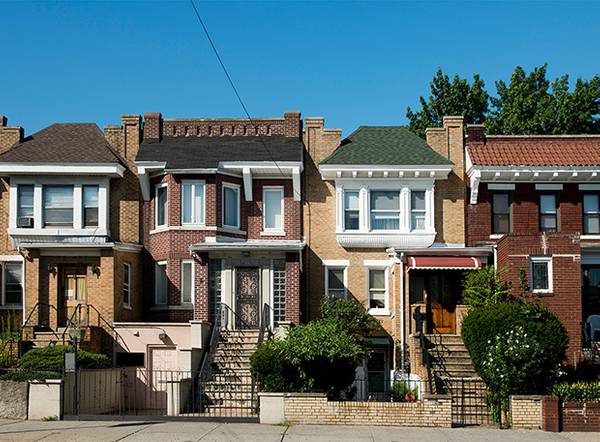
When should I apply for a loan?
Prospective homebuyers must face financial scrutiny when a lender reviews their credit, assets, liabilities, income and other factors. This is a process that will happen sooner or later, so why not sooner? Gaining qualification for financing before you begin your property search can benefit your quest for a new home in the following ways:
- Pre-qualification lets sellers know you are a serious buyer. Before you make an offer, taking this step lends credibility upfront.
- Many sellers will not consider offers from those without being pre-qualified. In a competitive marketplace, sellers might have the luxury of showing their properties only to prospective buyers with pre-qualification.
- Pre-qualification sets reasonable limits on homes to look at. Why put an offer on a house that would require a $500,000 mortgage if you can only get a $300,000 mortgage?
- You do not have to rush to find financing after your offer is accepted. Time is of the essence, and no one wants to lose a home due to red tape and procedural delays.
Once your home search turns serious, it is a good idea to get pre-qualified. Pre-qualification helps homebuyers act quickly, which can be the difference between buying the home of your dreams and losing it to more prepared buyers.
How do I decide which lender to use?
Applying at a credit union is often a good place to start because credit unions typically offer lower rates and closing costs than banks. Some lenders let you apply for a mortgage online, but if you have questions, you may want to apply in person with a loan officer.
What will be considered as part of my loan application?
Lenders consider many factors when deciding whether or not to approve a loan and how much to approve you for. They typically include:
- Your credit score: Many lenders require a score of at least 680 for approval and mid 700s for the best possible rate. This is why it’s important to build good credit and resolve outstanding debts before you seek pre-qualification.
- The down payment amount and your other assets: Most lenders require you to pay for a certain percentage of the home purchase with cash from your pocket. The reason for this requirement is that if you have some money invested in the home, you are less likely to walk away. For example:
- Your employment history: In order to know that you are capable of handling a mortgage, lenders usually want to see a stable employment history (at least two years of consistent employment in the same field).
- Your income: You will likely have to provide two years’ worth of W-2 forms and/or paystubs to document your employment and income. If you are self-employed, you usually need to provide two years’ worth of tax returns and balance sheets.
- Your existing debt: Many lenders require that your existing debt payments plus your mortgage payment not exceed 36 to 38 percent of your gross income, although some allow a higher percentage. This is called the total debt-to-income ratio.
| Requiring down payment | Funds available for down payment | Maximum purchase price | Maximum amount you could borrow |
|---|---|---|---|
| 10 percent | $20,000 | $200,000 | $180,000 |
After collecting the necessary information, the lender will approve the loan or deny it. If the loan is denied, the lender is required to tell you the reason why. You will probably be disappointed, but use the feedback provided to make changes. If the loan is approved, the lender will tell you the amount you can borrow.
What other budgetary considerations impact my ability to handle a mortgage?
If the lender approves you for a $350,000 mortgage, that means you can afford a $350,000 mortgage, right?
Not necessarily. Lenders typically only look at a few factors, namely your income, debt and down payment. However, you have more expenses than your debt. If you have to pay $1,000 a month in daycare, that reduces the money you have available for your mortgage.
Income and expenses can change after the home purchase. For example, net income often increases due to the tax benefits of owning a home and utilities often increase because houses tend to be larger than apartments. Homeowners assume more responsibility over the cost of utilities and upkeep than they did as renters.
Creating a budget gives you a better idea of what you can afford to spend than just basing it on a pre-qualified amount. Subtract your expenses (minus what you are spending now for rent) from your income to get an estimate of the monthly payment you can afford. Don’t forget that you will also have to pay property taxes and homeowners insurance.
At Bethpage Federal Credit Union, our experienced team of loan officers can help guide you through the process of getting approved for a mortgage. Visit our mortgage center today to get the process started, whether you’d like to begin the application or ask a question about securing a loan.
- Categories:


